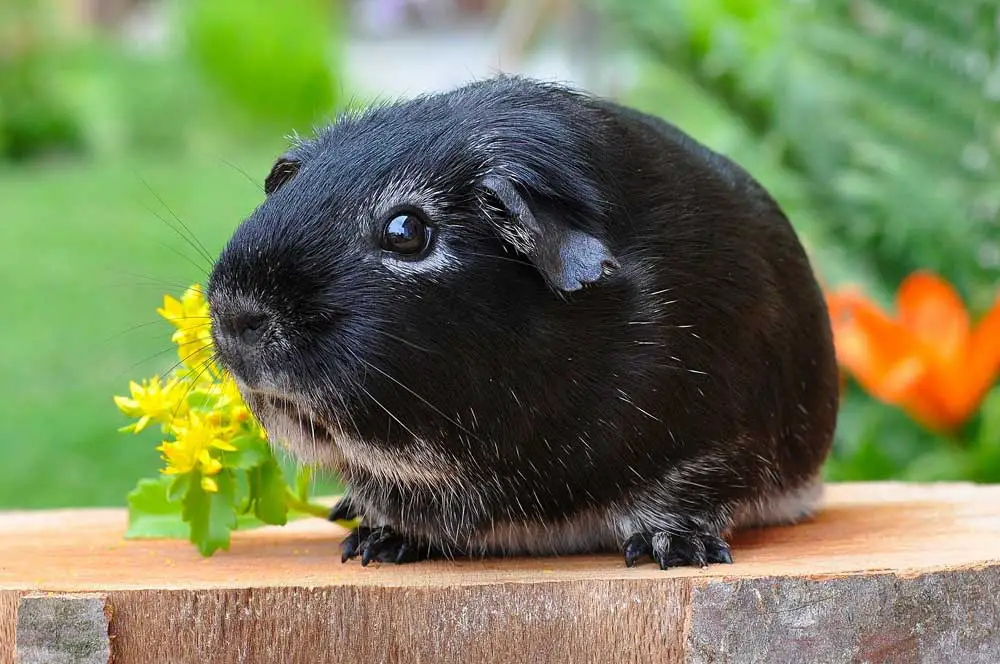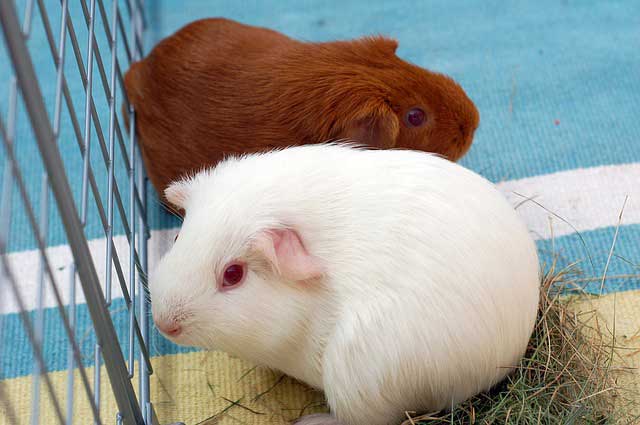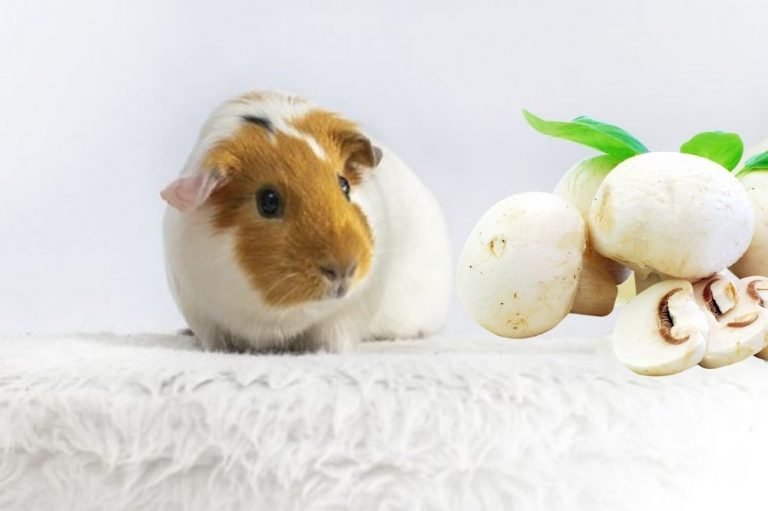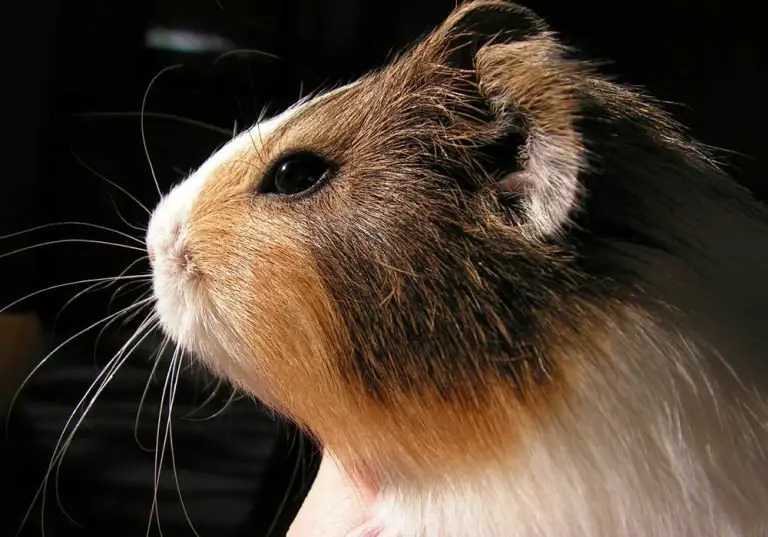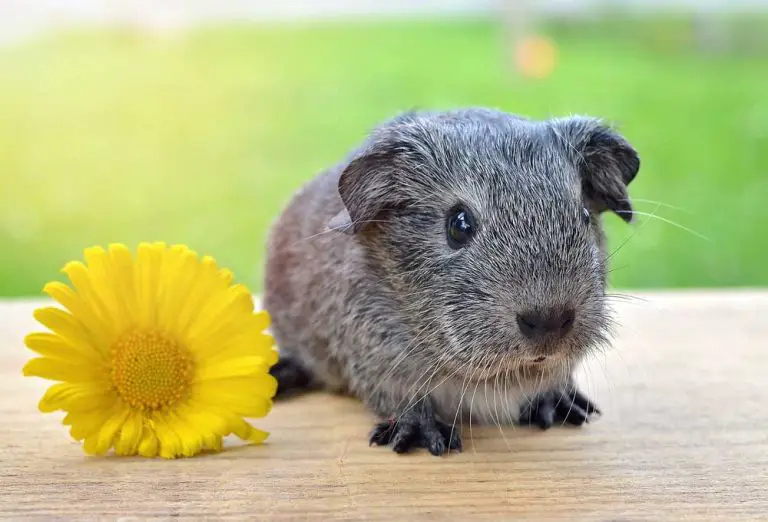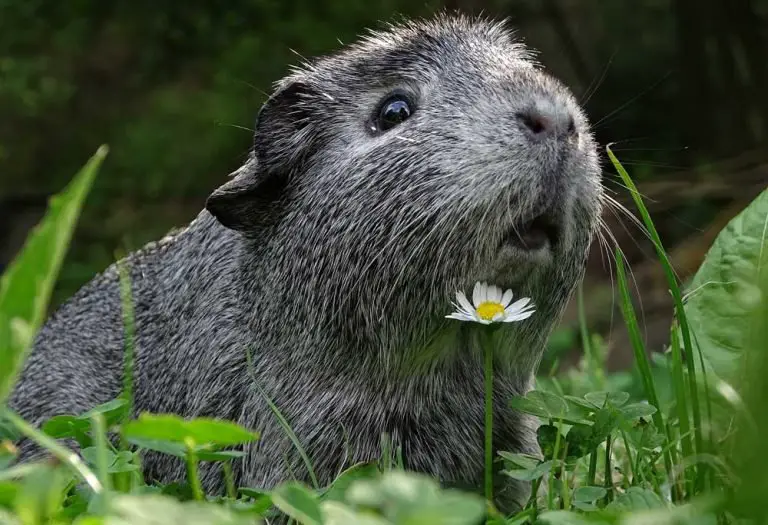Why Does My Guinea Pig Have Gas?
Guinea pigs are small animals that eat a lot of food. This makes them prone to getting gas, a common issue experienced by all mammals.
Gas is one of the by-products of digestion. Guinea pigs have sensitive digestive systems that are not capable of getting rid of any gas within them.
We will look at gas in guinea pigs and what you can do about it. Keep reading.
Why does my guinea pig have gas?
Gas in guinea pigs is usually brought about by swallowing air and eating certain foods. Swallowing air takes place while the guinea pig is eating and they eat faster than usual making them gulp more air than usual. Certain foods too tend to be gassier compared to others and if guinea pigs feed on them, they will get gas. Common gassy foods are collard greens, cabbage, bok choy, cauliflower, and broccoli.
Causes of gas in guinea pigs
Gas in guinea pigs is not uncommon and it is prone to repeating itself. Gas is brought about by various factors like:
- Eating fast – if your pet is eating foods like pellets, which they don’t chew but instead gulp down they, will swallow more air than usual.
- Competition – more than one guinea pigs will eat faster than usual trying to outdo each other.
- Lack of water – water assists in a smooth digestion process.
- Gassy foods – just like beans are to humans, some foods are normally gassy for our pets compared to others like cabbage and broccoli.
- New foods – introducing grass in high quantities may lead to more fiber for your pet and gas production.
Signs of gas in guinea pigs
If your pet has gas, it leads to bloating and they will have symptoms that will make it easily noticeable. Bloating may be quite painful and signs include:
- A lack of appetite.
- Restlessness & uneasiness.
- Distressed sounds to express pain and discomfort.
- Lethargy and weakness.
- Inactivity.
- Breathing may become heavy.
What to do if a guinea pig has excess gas
If your pet is experiencing gas and they have signs of a bloated tummy, there are some things you can do like:
Provide high fiber foods like Timothy hay and fruits like apples. Fiber is a good source of roughage that aids in digestion processes.
Make sure you are feeding your guinea pig a varied diet. Foods should be mixed up to include different fruits and veggies. Getting used to one food may lead to fast eating and having the same food e.g. constantly eating pellets will also lead to gas.
Change any foods that seem to be upsetting their stomach. Just like people, guinea pigs may have allergies to a certain food or your pet could be intolerant to certain foods that will easily upset their sensitive stomachs. If they react to the foods, opt for alternatives.
If you are feeding them foods that may cause gas, give them in small quantities and only once in a while. Foods like cabbage, bok choy, collard greens, cauliflower, and broccoli are very gassy and should be moderated.
Offer lots of water. Two bottles are enough to have an extra in case one leak, gets stuck or gets emptied. Water helps in flushing out the digestive tract and minimizing gas buildup.
In case of more than one guinea pig, ensure that you give each one their food separately. Dominant guinea pigs tend to eat food for their submissive cagemates. This makes the submissives eat more faster fearing that their food will be taken away.
Avoid overfeeding your pet by ensuring that you feed them with only what’s enough for them. Make an effort to learn how much food is required for their daily needs.
If you are giving guinea pigs new foods like grass for the first time, make sure you do it slowly. Offer it little by little so as to get the stomach used to the foods.
Always observe them keenly to be able to notice any changes in their behavior and activity. This helps you to easily spot if something is wrong so you can take action fast.
Remember that if one type of food gives you gas, it will probably give your pet gas too. Avoid feeding them foods that make you gassy.
Treatment options for gas
If you notice that your guinea pig is gassy and they seem to lack appetite or show the signs described, you should call a vet immediately. This is because the gas in guinea pigs can be fatal.
They do not have a well-developed digestive system that can pass gas normally and that accumulation of gas within them is dangerous.
Vets usually give anti-gas medication and they can also give antibiotics to smooth out the intestinal functions. Sometimes pain medication is given for the bloating pain because the condition can be quite painful.
Serious cases may even call for surgery.
Can guinea pigs fart?
Guinea pigs can fart. Farting is normal for guinea pigs. It can be a loud audible noise enough for you to hear while other times it can be silent and inaudible.
Your guinea pig may be naturally gassy. This could make them fart a lot but that’s normal.
As long as they are showing normal activity levels and no signs of feeling unwell, that’s okay. It shouldn’t worry you.
Conclusion
Guinea pigs get gas at times and it’s dangerous for them to the point of being fatal. Any signs of build-up should be reported to a vet right away.
The condition can get serious very fast and if gas builds up to the point of you noticing a bloated stomach that means that the problem needs immediate treatment.
Other signs of gas are; a lack of appetite, inactivity, restlessness, decreased bowel movements, and heavy breathing. Anti-gas medications and antibiotics are normally administered by a vet.
Pain medication can also be given due to the discomfort and pain that gas brings about. You should avoid feeding your pet gassy foods, and at all times provide them with lots of hay and water.
- Can Guinea Pigs Eat Lawn Grass? Find out now!
- Can Guinea Pigs Eat Wet Grass? Find out now!
- Can Guinea Pigs Eat Weeds? Explained
- Can Guinea Pigs Eat Watermelon? (Benefits & Risks)
- Can Guinea Pigs Eat Strawberries? [Feeding Guide!]

